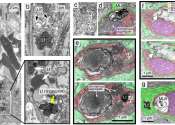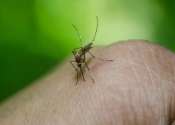Preclinical model offers new insights into Parkinson's disease process
A new preclinical model offers a unique platform for studying the Parkinson's disease process and suggests a relatively easy method for detecting the disease in people, according to a new study led by Weill Cornell Medicine ...
Jul 23, 2024
0
42









